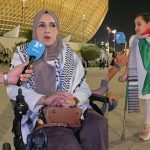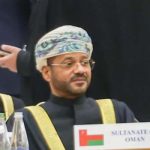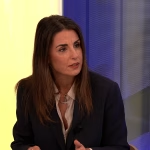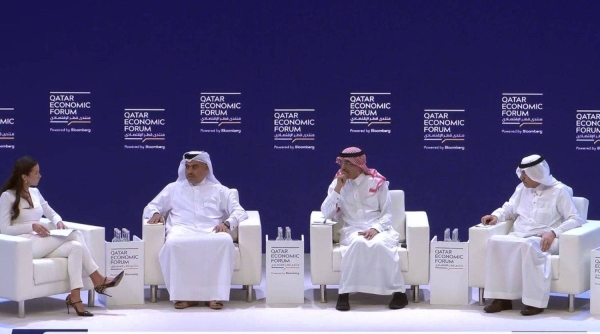Saudi Finance Minister Mohammed Al-Jadaan recently stated at the Qatar Economic Forum in Doha that Saudi Arabia is on track to achieve the goals of its Vision 2030, particularly in terms of reducing unemployment and creating new jobs. The Vision 2030 initiative focuses on diversifying the Saudi economy and reducing its reliance on oil. Al-Jadaan emphasized the importance of increasing non-oil revenues and expanding the role of the private sector in job creation. Since the launch of Vision 2030, Saudi Arabia has seen a significant increase in its gross domestic product (GDP).
Al-Jadaan also highlighted the challenges faced by the global economy, such as inflation and rising project costs. He emphasized the need for sustainable economic growth and mentioned that Saudi Arabia is well-positioned to reshape the overall economy of the Gulf region. The minister expressed confidence in the abilities of the Gulf Cooperation Council (GCC) states to transition towards diversified and sustainable economies that prioritize private sector participation. He also praised the stability of Gulf currencies and policies that promote economic stability and continuity.
Qatari Prime Minister and Foreign Minister Sheikh Mohammed bin Abdul Rahman Al-Thani echoed Al-Jadaan’s sentiments by emphasizing the cooperation between Saudi Arabia and Qatar on joint investment opportunities. Qatari Finance Minister Ali Al-Kuwari discussed Qatar’s focus on infrastructure development in preparation for the upcoming World Cup and highlighted the country’s commitment to building the capabilities of the private sector and investing in human resources to achieve the objectives of Vision 2030. He also noted that inflation in the Gulf countries is not as concerning as in other parts of the world.
The Qatar Economic Forum in Doha brought together over 1,000 policymakers and leaders from government and the private sector to discuss various themes including geopolitics, globalization & trade, energy transition, technology innovation, business & investment outlook, and sports and entertainment. The forum provided a platform for stakeholders to exchange ideas, collaborate on mutual goals, and explore opportunities for economic growth and development in the region. Participants expressed optimism about the future prospects of the Gulf economies and reaffirmed their commitment to implementing sustainable policies and investment strategies.
Overall, the discussions at the Qatar Economic Forum underscored the importance of diversification, job creation, and economic sustainability in the Gulf region. The speakers highlighted the progress made towards achieving the objectives of Vision 2030 and emphasized the need for continued collaboration between government and private sectors to drive growth and innovation. The forum served as a platform for promoting cross-border cooperation, exploring investment opportunities, and charting a path towards a more resilient and diversified economy in the Middle East.











